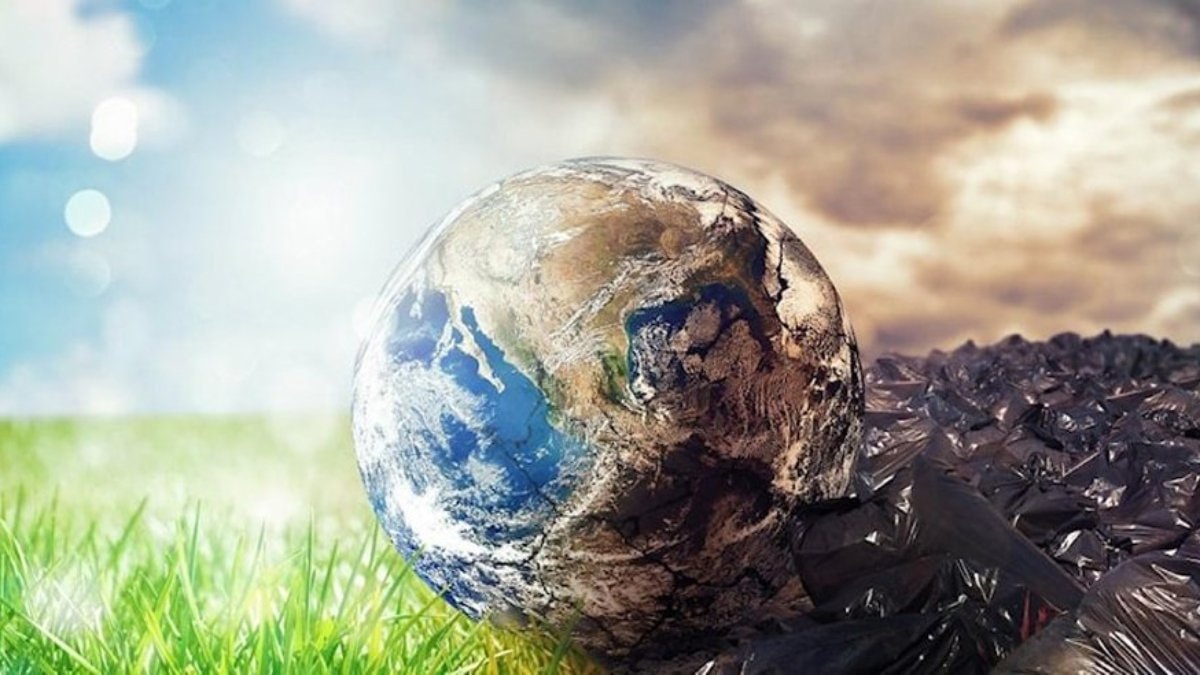Those who pollute the least will warm the most

According to a report prepared by international research networks Climate Central and World Weather Attribution, global temperatures will rise by more than 2 degrees Celsius. Researchers say that efforts to limit greenhouse gas emissions since the Paris Climate Agreement came into effect last decade have significantly reduced the scale of the disaster. Without these measures, the world would have experienced 114 more days of extreme heat each year.
The report examined the increase in the number of "superheat" days under two different scenarios. If countries meet their current commitments, global temperatures will rise by 2.6°C by 2100 compared to the pre-industrial era. This would result in an additional 57 extreme heat days compared to today. Had the Paris Agreement never been signed, temperatures would have risen by 4°C, doubling the number.
“There will be suffering and loss due to climate change, but even a 2.6°C warming difference instead of 4°C is a hopeful development,” said Kristina Dahl, a scientist involved in the report.
Millions are affectedAccording to the study, the world has experienced an average of 11 additional superheated days since 2015. "The number of people affected will be in the millions, not tens of thousands," warned Friederike Otto of Imperial College London. It noted that heatwaves claim thousands of lives each year and that the kind of heat that hit Southern Europe in the summer of 2023 is now 70 percent more likely. If current emissions continue, similar waves will be 3°C hotter by the end of the century.
THE ONE WHO POLLUTIONS THE ATMOSPHERE THE LEAST WILL WARM THE MOSTScientists warn that by 2100, the distribution of dangerously hot days will be significantly uneven. Panama, for example, will see 149 additional superheated days per year. Island nations like the Solomon Islands, Samoa, and Indonesia also top the list.

The world's ten island nations, despite being responsible for only 1 percent of greenhouse gases in the atmosphere, will experience 13 percent of the additional hot days. In contrast, the United States, China, and India, which account for 42 percent of global carbon dioxide, will experience only 23 to 30 additional hot days per year.
Canadian climate scientist Andrew Weaver commented on this situation by saying, "Global warming is widening the gap between rich and poor countries. This is the seed of a new geopolitical instability."
Johan Rockström, director of the Potsdam Climate Institute, warned, "It's good to know that we're no longer on track for 4 degrees Celsius of warming, but even a 2.6-degree increase would mean a devastating future for billions of people." According to scientists, humanity hasn't been able to stop the catastrophe, only slow it down.
SÖZCÜ




